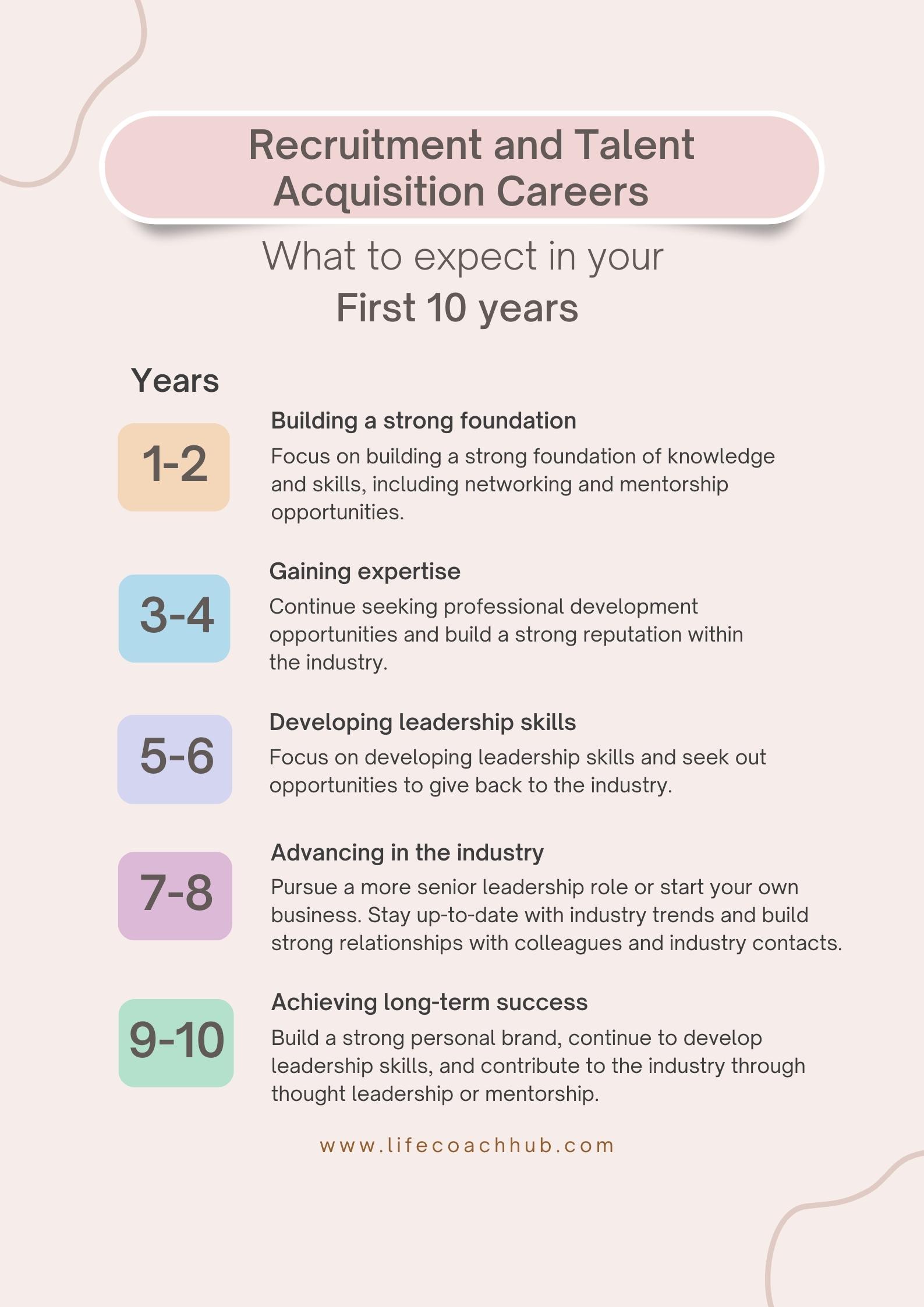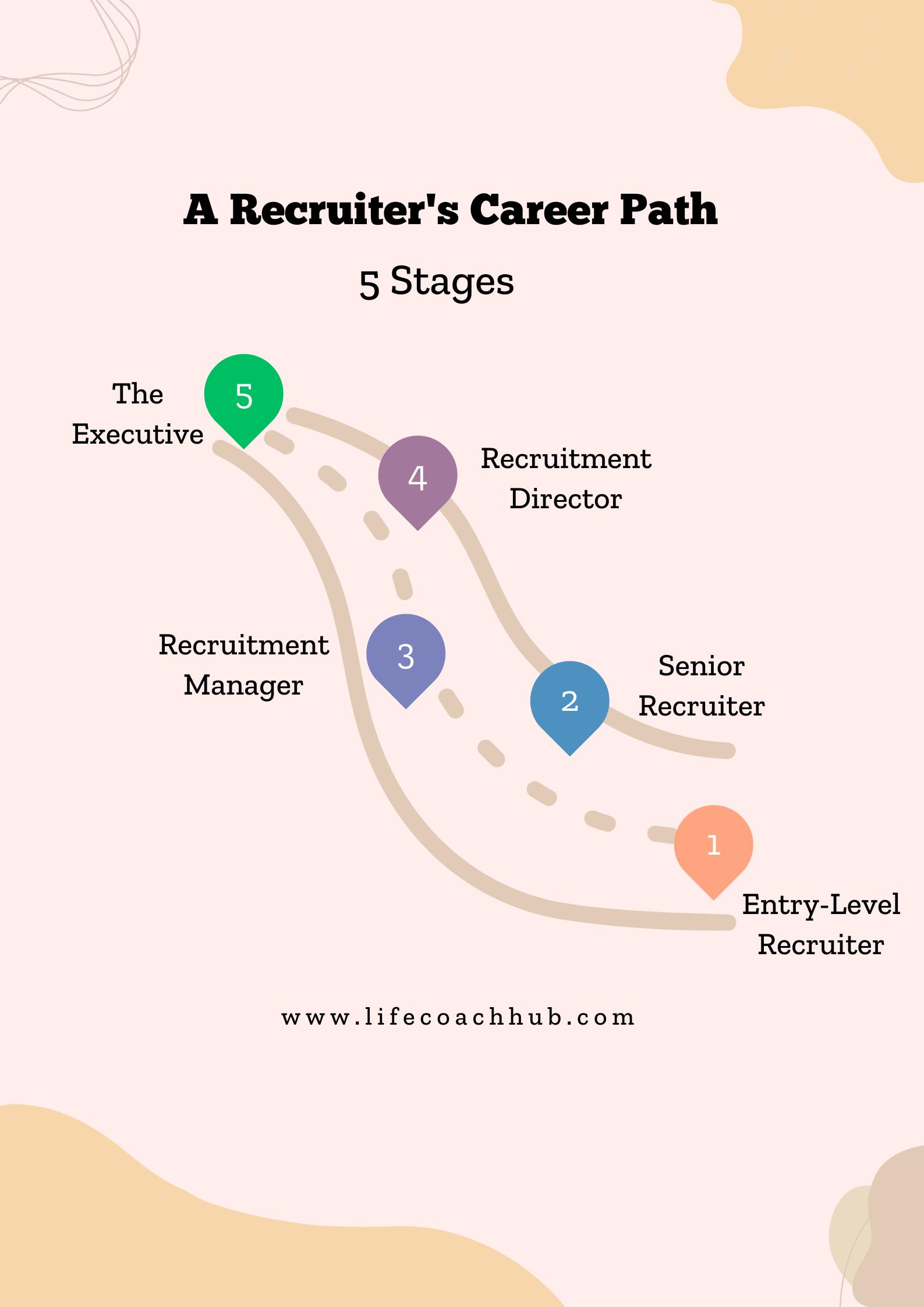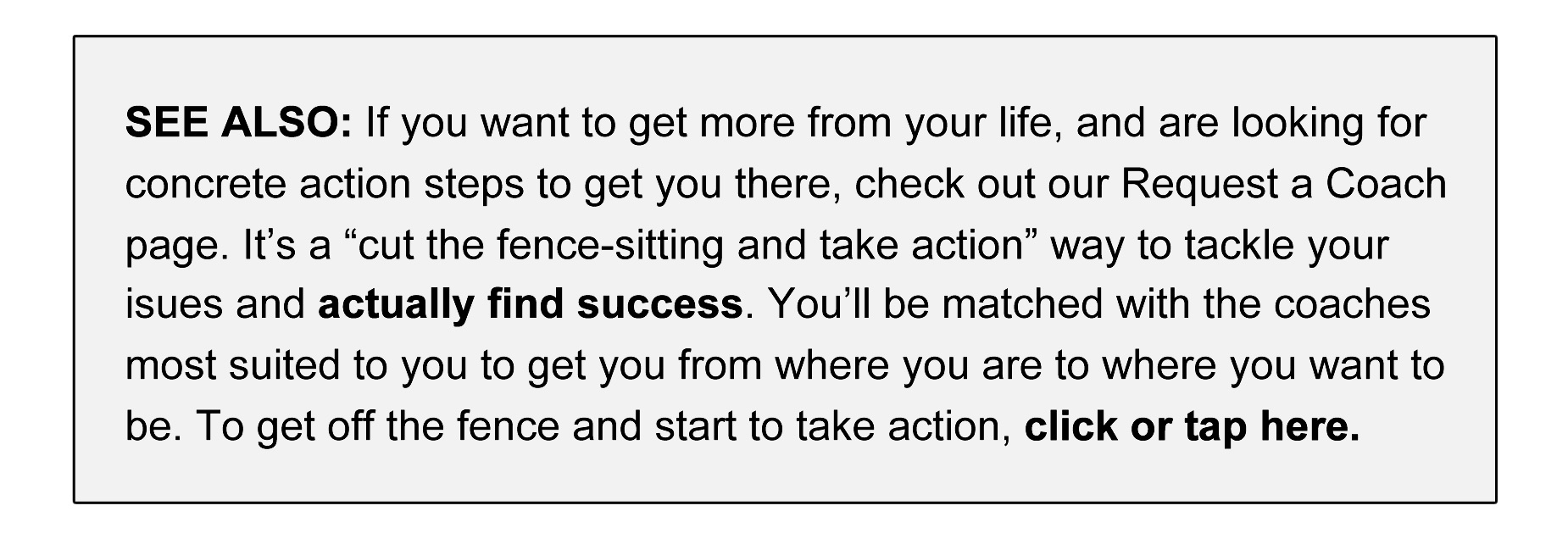
The first 10 years in a recruitment and talent acquisition career can be both challenging and rewarding. During this time, professionals are likely to experience significant growth and development as they navigate the industry and hone their skills. In this article, we will discuss what to expect during the first 10 years in recruitment and talent acquisition careers and offer tips for success.

Years 1-2: Building a strong foundation
In the first two years of a recruitment and talent acquisition career, individuals are likely to focus on building a strong foundation of knowledge and skills. This includes learning the basics of the industry, specializing in a particular area, and taking advantage of professional development opportunities. It is also important during this time to build a network of contacts and seek out mentorship and feedback.
Tip: Focus on building a strong foundation of knowledge and skills, including networking and mentorship opportunities.
Years 3-4: Gaining expertise
By years three and four, individuals are likely to have gained expertise in their chosen area of specialization. They may also start to take on more responsibility, such as managing a team or leading recruitment projects. It is important during this time to continue seeking out professional development opportunities and to build a reputation within the industry.
Tip: Continue seeking professional development opportunities and build a strong reputation within the industry.
Years 5-6: Developing leadership skills
In years five and six, individuals may start to focus on developing leadership skills, such as managing budgets and resources, leading teams, and developing recruitment strategies. It is also important during this time to seek out opportunities to give back to the industry, such as mentoring or speaking engagements.
Tip: Focus on developing leadership skills and seek out opportunities to give back to the industry.
Years 7-8: Advancing in the industry
By years seven and eight, individuals may be ready to take the next step in their careers, such as moving into a more senior leadership role or starting their own recruitment business. It is also important during this time to stay up-to-date with industry trends and to continue building relationships with colleagues and industry contacts.

Tip: Consider advancing in the industry by pursuing a more senior leadership role or starting your own business. Stay up-to-date with industry trends and build strong relationships with colleagues and industry contacts.
Years 9-10: Achieving long-term success
In the final years of the first decade of a recruitment and talent acquisition career, professionals may be focused on achieving long-term success. This may include building a strong personal brand, continuing to develop leadership skills, and contributing to the industry through thought leadership or mentorship.
Tip: Focus on achieving long-term success by building a strong personal brand, continuing to develop leadership skills, and contributing to the industry through thought leadership or mentorship.
In conclusion, the first 10 years in a recruitment and talent acquisition career are a time of significant growth and development. By focusing on building a strong foundation of knowledge and skills, gaining expertise, developing leadership skills, advancing in the industry, and achieving long-term success, professionals can build rewarding and fulfilling careers in this exciting field.
Recruitment is a fast-paced industry that offers a dynamic and rewarding career. The job of a recruiter involves helping companies find the right talent to meet their hiring needs. The role of a recruiter may vary depending on the organization they work for and the industry they specialize in. However, the typical career path for a recruiter can be divided into several stages.

Stage 1: Entry-Level Recruiter
The first stage in a recruiter's career usually involves working as an entry-level recruiter. In this stage, recruiters are responsible for sourcing and screening candidates for various job openings. They may work on multiple job requisitions at the same time and use various recruiting methods, such as job boards, social media, and referrals, to find candidates.
During this stage, recruiters may also learn about the industry and the organization they work for. They may attend training sessions and workshops to develop their skills in areas such as candidate screening, sourcing, and communication.
Stage 2: Senior Recruiter
After gaining experience as an entry-level recruiter, professionals can advance to the role of a senior recruiter. Senior recruiters typically have more responsibilities, such as leading recruitment projects, managing a team of recruiters, and working with hiring managers to develop recruiting strategies.
In this stage, recruiters also start to build relationships with candidates and clients. They may attend industry events, such as job fairs and networking events, to expand their network and promote their organization's employer brand.

Stage 3: Recruitment Manager
The next stage in a recruiter's career is becoming a recruitment manager. Recruitment managers oversee the entire recruitment process, from developing recruitment strategies to managing the recruitment team. They also work closely with other departments, such as human resources and hiring managers, to ensure the recruitment process meets the organization's needs.
At this stage, recruiters may also specialize in a specific area, such as executive recruitment or technical recruitment. They may attend specialized training and develop expertise in their area of specialization.
Stage 4: Recruitment Director
Recruitment directors are senior-level professionals responsible for managing the overall recruitment function for an organization. They oversee recruitment operations, set recruitment strategies, and develop long-term plans to meet the organization's talent needs.
In this stage, recruiters may also start to focus on building relationships with high-level executives and stakeholders to promote the organization's employer brand and attract top talent.
Stage 5: Executive-level Positions
The final stage in a recruiter's career is executive-level positions, such as Vice President of Talent Acquisition or Chief Talent Officer. These positions involve leading the entire talent acquisition function for an organization and developing long-term talent strategies to meet the organization's goals.
In this stage, recruiters may also take on leadership roles within the industry, such as serving on boards and committees, to promote best practices and drive innovation in recruitment.
In conclusion, the career of a recruiter involves several stages of development, from entry-level recruiter to executive-level positions. Each stage offers unique challenges and opportunities for growth and development. By continuously developing their skills, building relationships, and staying up-to-date with industry trends, recruiters can achieve long-term success in this exciting and dynamic field.































COMMENTS